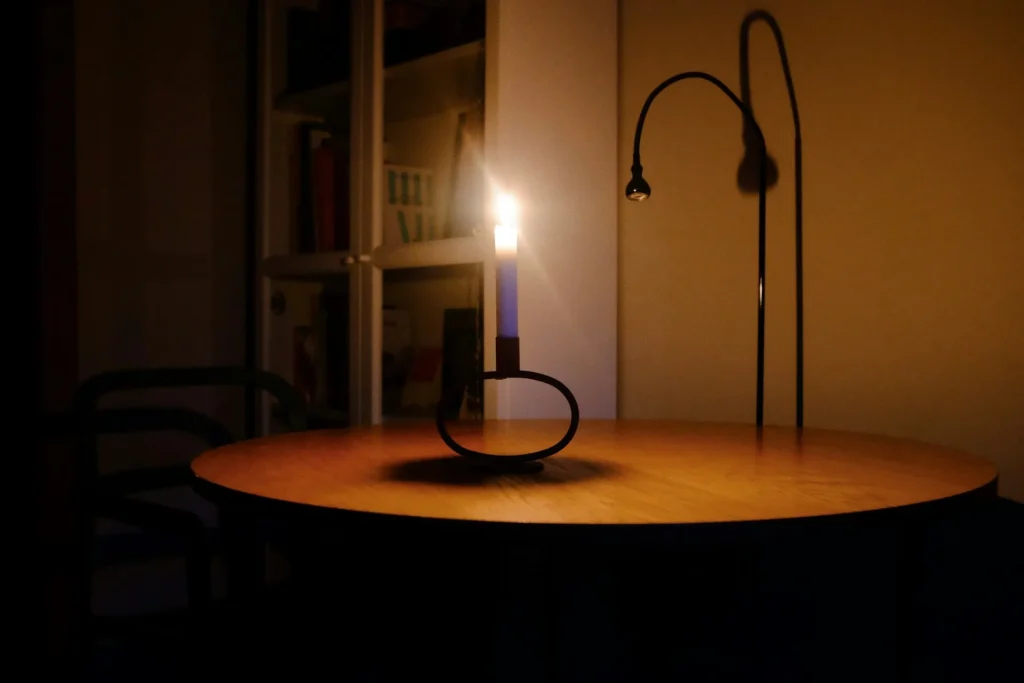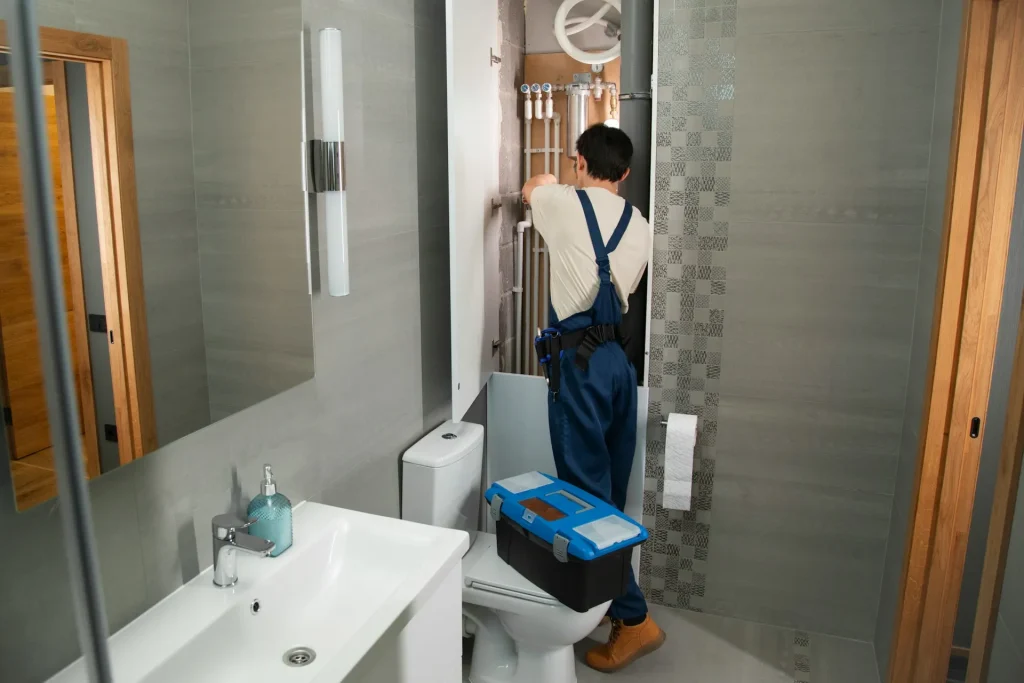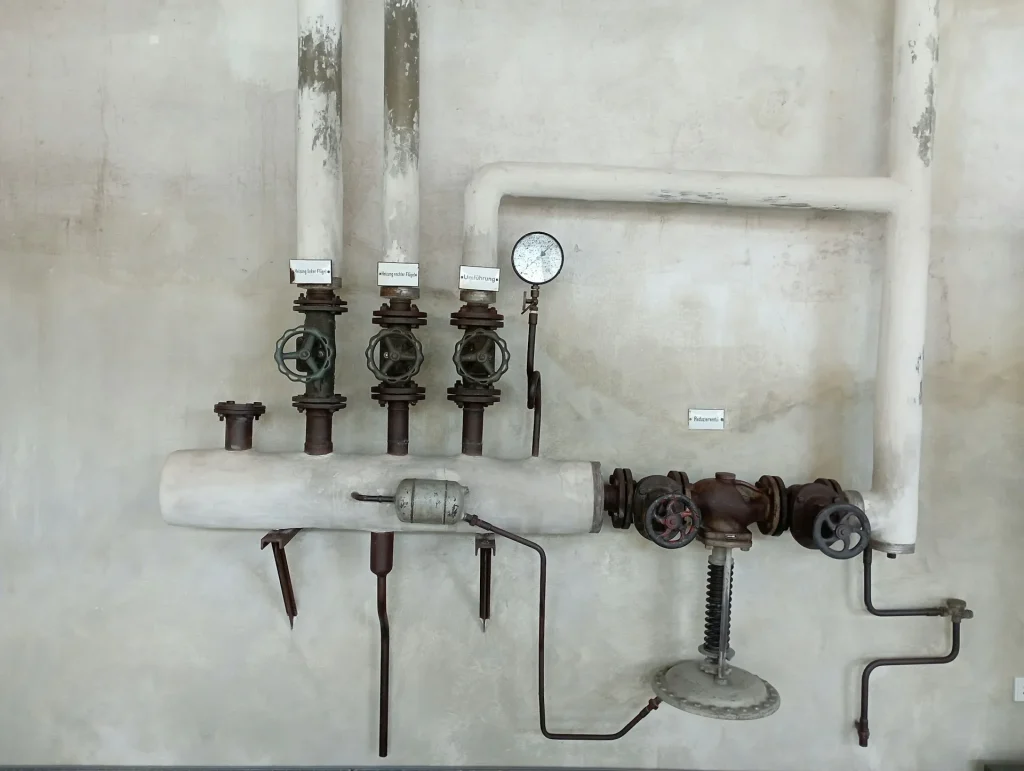

If you’re looking to upgrade or replace your hot water system, you’re likely weighing gas vs. electric hot water options. Gas heats water fast, while electric is simpler to install.
So, which one to choose? It’s not always simple. And with energy prices shifting and new eco-standards, picking the wrong system could lead to higher costs or an unsuitable setup for your home.
We are here to help! This post compares performance, costs, and eco-friendly options to help you decide. Keep reading!
Before reaching out to a gas hot water installation service, consider these pros and cons to see if this is the right system for your home:
Is gas hot water cheaper than electric? Usually, yes. Natural gas heaters tend to cost less. Gas is about 11.7 per gigajoule, while electricity is around 0.28 per kWh.
But keep in mind that you get more energy for your money with gas. Plus, gas systems keep temperatures steady and use less energy. So, it’s saving you money.
A tankless gas water heater can provide hot water instantly when you turn on the tap. You won’t have to take a cold shower.
Basically, a sensor starts a gas burner. This burner heats up the water as it moves through the pipes inside the heater. That’s how a gas hot water system works.
Unlike electric storage systems, which heat an entire tank in minutes and may cause delays, tankless systems deliver immediate hot water.
You want a hot water system that provides instant, continuous hot water, right? Tankless gas systems do this by heating water on demand, eliminating the need for a large tank.
They can supply hot water even when multiple taps are in use simultaneously. So, if your family takes long showers or you have many guests, several taps can run at once without the water cooling down.
Gas combustion works well even in very cold temperatures. This is an important factor to consider when comparing gas versus electric hot water systems.
The burning process generates heat, keeping components warm. Many gas systems also feature built-in heaters for critical parts or automatic draining to prevent freezing.
Even away from the city, gas-heated hot water is possible without electricity. LPG tanks can fuel your heater, similar to natural gas, and many tankless units can be adapted for different gas sources.
No need for noisy generators or expensive batteries for a hot shower. They’re ideal for holiday homes, farmhouses, and retreats where mains power isn’t always accessible.
Imagine you’re about to shower, and the power goes out. Annoying, right? But with a gas hot water system, it’s less of an issue.
Many newer gas heaters use electronic ignition, but older pilot-light models remain common. These can heat water even during power outages.

Your pilot light stays lit, allowing you to shower, wash dishes, and do laundry. If it goes out, you can reignite the pilot light by following the proper steps.
An instantaneous gas hot water system heats water only when you need it. This saves energy and helps lower your bills. It also reduces your carbon footprint, especially with varied hot water usage throughout the day.
Gas water heaters, especially tankless models, are built to last 10–15 years or more with regular maintenance. They outlast many electric storage tanks.
Some Australian brands even offer warranties of up to 12 years on the heating component, which helps lower replacement costs. This is worth considering if you plan to stay in your current home for many years.
Licensed gas plumbers are available throughout Australia. You can organise annual check-ups for your gas appliances, including burner calibration and gas-pressure testing, often with short notice.

This means you don’t need to worry too much about your system. If you suspect a problem, simply contact a plumber to ensure your system remains safe, efficient, and operational with minimal downtime.
Installing a gas hot water system in Australia generally costs more than electric, ranging from 1,300 to 3,200.
This is because gas systems require a licensed plumber, and costs can increase if you need new gas lines, upgraded flueing, or additional ventilation.
Over ten years, these costs can accumulate, making gas less affordable for tight budgets or short-term use.
When comparing gas and electric hot water systems, remember that your home might not have access to mains natural gas. Additionally, installing a gas connection can be expensive or challenging.

Obtaining a new gas connection involves paperwork, site preparation, and waiting for the distributor. Moreover, managing LPG supply requires monitoring your gas levels and scheduling refills promptly.
Every gas heater requires a properly installed flue to vent carbon monoxide outside. You need to ensure there is sufficient space from eaves, the roof, or an external wall.
If you don’t keep the flue clear of debris or corrosion, poisonous gases can flow back into your home. Keep in mind that adding a flued appliance to an enclosed laundry or bathroom may require extra ductwork.
You won’t face this risk when installing an electric hot water heater. Gas water heaters can leak gas from pipes, fittings, or the appliance itself, even when they are turned off.
Even small leaks can build up to dangerous levels or cause symptoms like headaches. While proper installation, regular maintenance, and good ventilation are important, they cannot completely eliminate the risk.
You should be aware of this if you have an older gas hot water system. Why? Because many of them have a small flame called a standing pilot light that stays on all the time to ignite the main burner.
While it provides constant hot water, it burns a small amount of gas continuously. This increases costs and carbon footprint over time.
Here are some advantages and disadvantages of using an electric hot water system:
A new electric storage heater typically costs between 800 and $1,500. This is less expensive than a gas heating system, which can cost up to 3,000 depending on how complex the installation is.
Electric heaters do not need flues, gas lines, or vents for combustion air. A licensed electrician can install them in a single visit.
Electric hot water systems are a quiet option. They don’t use gas burners or exhaust fans, so you won’t hear any clicking or burner noise when they operate.
This makes them ideal for installation in cupboards near bedrooms or under living areas without causing any disturbance.
Electric water heaters provide safe, simple hot water, especially if you have young children or breathing sensitivities. Unlike gas systems, they eliminate the risk of carbon monoxide leaks and fire hazards.
Electric hot water systems require minimal maintenance. They don’t need burner cleaning, flue cleaning, or gas-pressure checks like gas systems do. This can save you 150–250 annually.
The main tasks involve checking the anode rod in storage tanks, flushing the tank, and testing the thermostat. A licensed electrician can complete these simple jobs in under an hour.
Using an electric hot water system means you only pay your regular power bill. You won’t have a separate gas bill.
This makes managing household bills easier, particularly if you don’t use gas for other appliances. For homes that are entirely electric, it means one less utility to worry about.
Unlike gas hot water systems, which are best for large families with many hot water needs, electric systems are more efficient for smaller households.
If you live alone or with a partner, electric systems can supply enough hot water for daily showers, cooking, and laundry. They avoid the standby energy losses that often occur with larger gas tanks.
Replacing an electric hot water unit is simple. The electrician disconnects the old one, connects the new unit to the wiring and plumbing, and then tests the RCD and relief valve.
Most replacements are completed within a morning and can be done alongside other electrical work. It’s also easy to find replacement parts or upgrade to a newer model.
Gas hot water systems can’t utilise excess solar energy to heat water for free. So, if you’re considering solar power, an electric water heater is a good option. It pairs well with rooftop solar panels.
Smart solar diverters and energy-management systems can send extra solar energy to your electric water heater. This allows you to heat water for free during the summer.
Electric hot water systems can use renewable energy. This can come directly from rooftop solar panels or from a greener electricity grid.
When you use solar power with a timer or smart controller, you can heat water during the day. This significantly lowers your energy bills and reduces your home’s carbon emissions. It’s a clear advantage over gas systems.
When comparing gas vs. electric hot water running costs, gas systems are the winner. As we explained earlier, natural gas generally costs less than electricity.
Plus, they heat water faster. This reduces energy loss and provides hot water more efficiently during peak times.
Electric storage tanks take longer to reheat than gas systems. A 250 L electric tank with a 3.6 kW element takes about 2 to 3 hours to reheat from empty.
If you host friends for an evening shower marathon, you might run out of hot water before it’s restored. This can be frustrating for other family members or housemates who also want to use hot water.
Electric hot water systems typically use tank systems because they are cheaper. This means they have a limited hot water supply.
Storage tanks hold a limited amount of water. Once 200–300 litres are used, taps run cold until the tank refills and reheats. This is a common issue in homes with small tanks or high simultaneous demand.
For electric hot water systems, an outage is the main problem. Without a backup generator or battery bank, you could be without hot water for days.
Even small outages shut down the heating elements, leaving you with only the hot water that was already in the tank. If you want reliable service, relying solely on an electric cylinder risks cold-water surprises.
Gas hot water systems can still operate off-grid, but electric ones will struggle. Electric systems use a lot of power—about 4 to 6 kWh daily for a standard tank—which can drain your solar and batteries quickly.
You can consider heat pump systems, which are more efficient. However, for standard electric storage tanks, they aren’t ideal off-grid.
This issue involves slow reheating and limited hot water. Consider your needs. If you often use many taps at the same time, an electric system might not be the best choice.
Small electric tankless heaters often supply just 3–6 L/min, enough for a single shower. Turn on two taps, such as the sink and basin, and the temperature will drop quickly.
Also Read: Gas vs Electric Fireplaces: Which One Should You Choose?
We have just reviewed the details comparing gas and electric hot water systems. It’s clear that both have their unique strengths.
Gas hot water systems heat quickly and suit large households, while electric systems are easier to set up and may be cheaper with off-peak tariffs.
To choose the best one for your home, consider your home’s size, budget, and eco-priorities.
Now, if you’re ready to upgrade, contact us at Melbourne Gas Plumber to find the system that works best for your home.


Fill the form below and we’ll get back ASAP!

MGP! Thank you for help, honest pricing and high quality work. Thank you to Joe for pricing and the boys involved for replacing my hot water tank and fixing my gas leak for a reasonable price. 5 star response, 5 star service and 5 star price.
Joe was great. Very professional and quick. Gas hot water heater needed replacing, he was honest and upfront about what our options were. System was sourced and replaced within a couple of hours.
Fantastic service very responsive Joe is highly recommended and works very clean and neat..... good job well done....very happy... will use again and again

At Melbourne Gas Plumber, we're here to handle all your gas plumbing needs throughout Melbourne. With over 40 years of experience, we bring extensive local knowledge and expertise to every job.
QUICK LINKS
OPENING HOURS
Open 24/7
